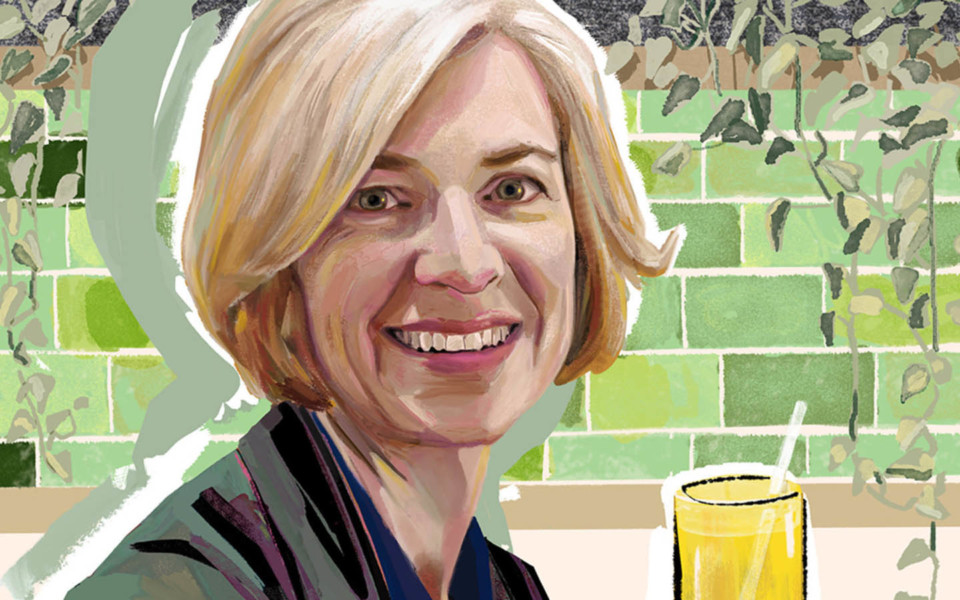Jennifer Doudna, Crispr scientist, on the ethics of editing humans
Jennifer Doudna wears her responsibility lightly. The scientist who co-discovered Crispr does not appear to be weighed down by the burden of her creation: the revolutionary gene-editing technology that promises to empower humans to control our own genome. She waves and smiles as she bypasses the hostess stand at Gather, an organic, farm-to-table restaurant in Berkeley. It’s the sort of place that wears its principles on its sleeve — a fitting venue for a discussion of the ethical conundrums that Crispr has unleashed.
The 55-year-old appears to have thrown on her blazer in a rush, squashing down one side of her shirt collar. Since news of her scientific breakthrough was published in 2012, she has learnt to toggle between the white coat of her lab work, building on that initial discovery, and her suited-and-booted role pushing politicians and lawmakers to contemplate the consequences of changing the human genome.
She has also found herself at the heart of a maelstrom. Crispr is now the simplest, cheapest and most accurate way to edit our DNA, but its development raises a multitude of moral questions. Fine-tuning our immune systems to fight cancer is one thing — but given how much we have still to discover about the genome, what might be the unintended consequences of altering it? These are not merely speculative questions. In the years since Doudna’s discovery, a Chinese scientist sent shockwaves through the international scientific community when he announced the birth of the first Crispr-modified babies.


